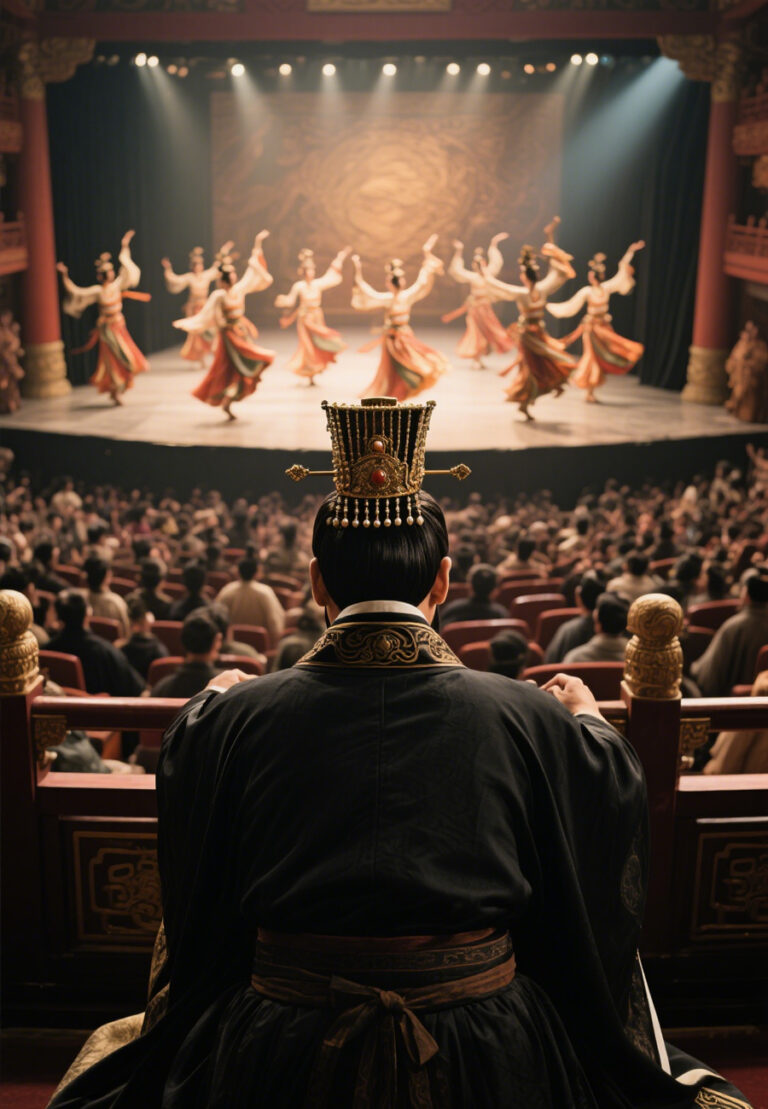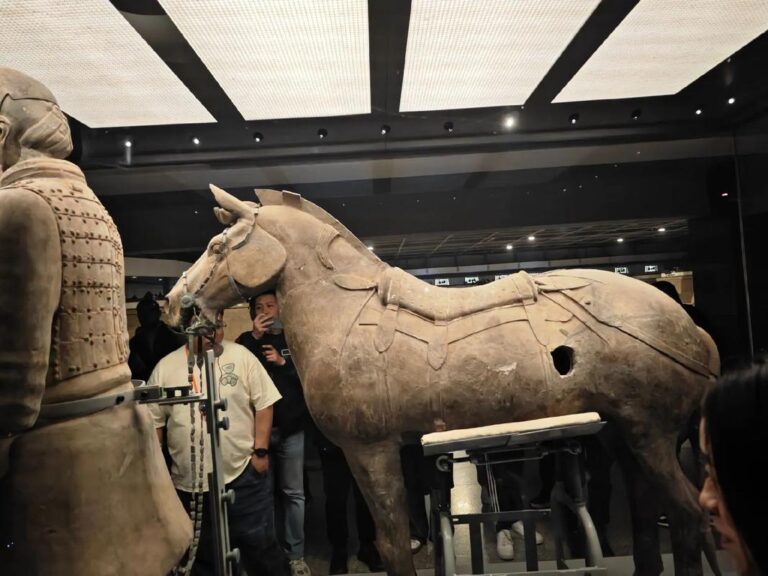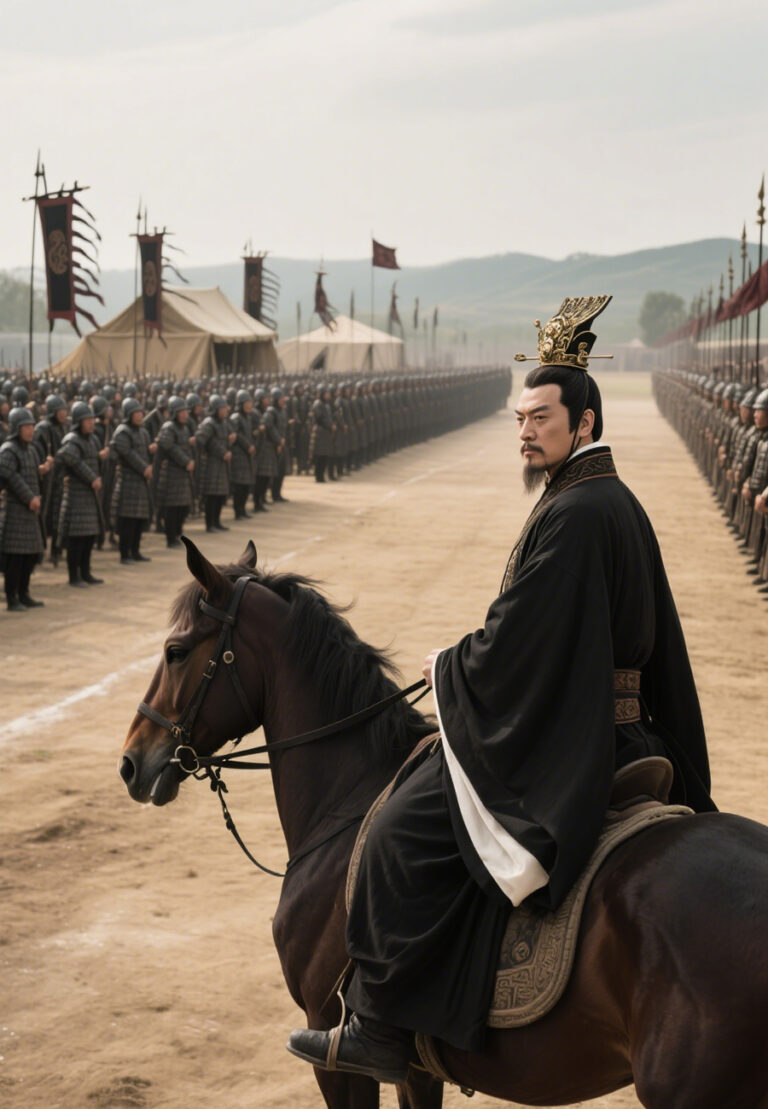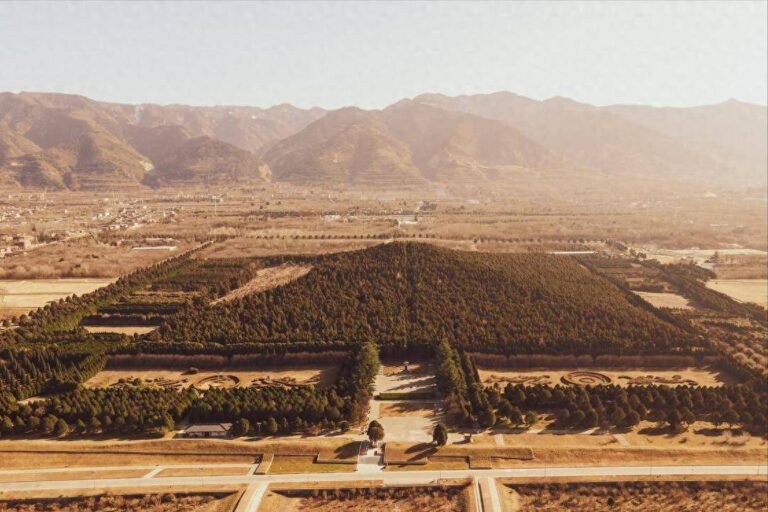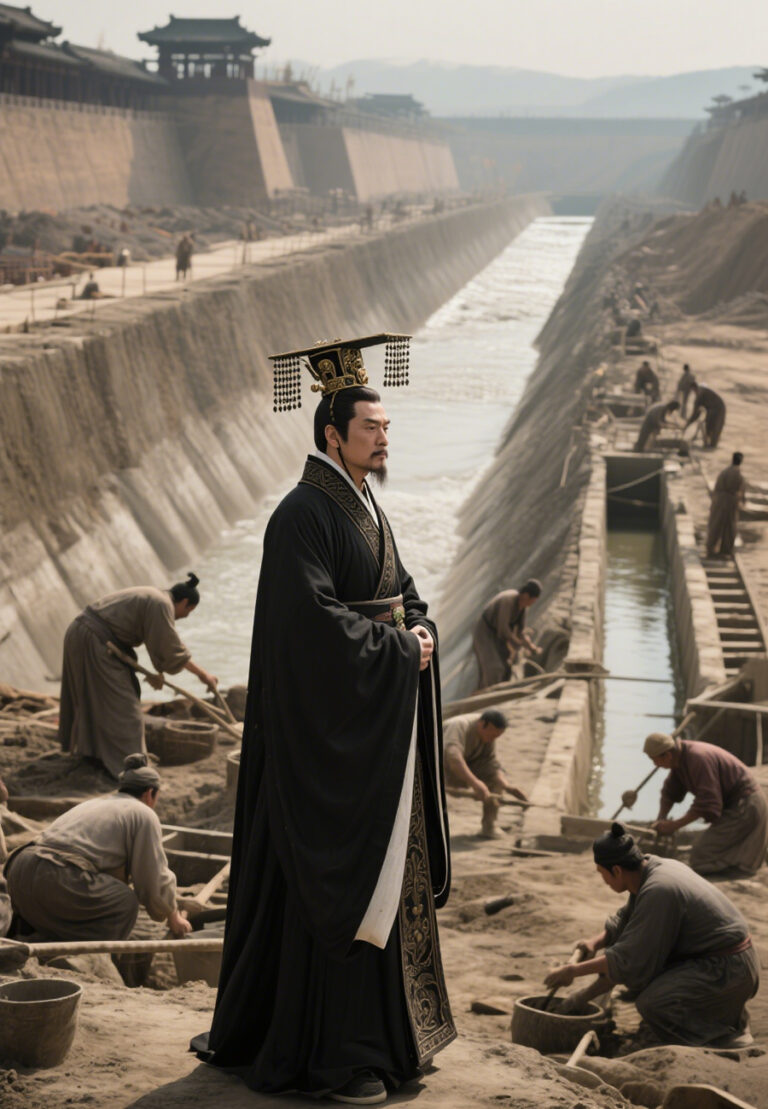Who defeated Qin Shi Huang?
The Mystery of the Collapse of the Great Qin Empire
Qin Shi Huang (259 BC – 210 BC) was the first emperor in Chinese history to accomplish great unification. He ended centuries of warring states chaos and established the centralized Qin Dynasty in just ten years. However, this seemingly impregnable empire quickly collapsed just three years after Qin Shi Huang’s death. Who defeated the “Emperor of the Ages”? The answer is not a single person, but a series of complex historical synergies.
I. Successor Crisis: Power Vacuum and Internal Betrayal
The death of Qin Shi Huang exposed the greatest weakness of the Qin Dynasty – the failure of the succession system. During his lifetime, he did not clearly establish a successor, and on his deathbed, he wanted to pass the throne to his eldest son, Fusu, but the eunuch Zhao Gao conspired with the prime minister Li Si to tamper with the posthumous edict, support the second son, Hu Hai, who was a mediocre man (Qin II), to take the throne, and kill Fusu.
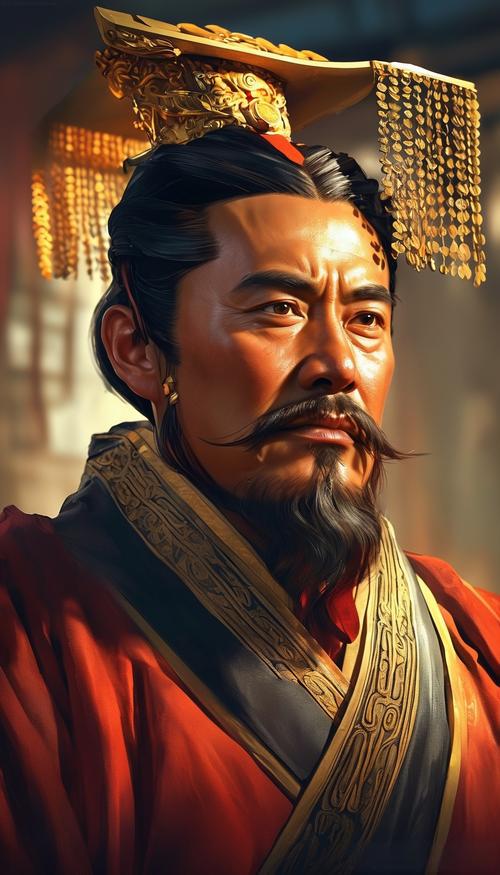
After ascending to the throne, Qin Ershi massacred his siblings in order to consolidate his power, resulting in the near extinction of Qin Shi Huang’s direct lineage. This self-destructive behavior deprived the Qin dynasty of clan support and shook the trust of officials and people in the imperial power. Zhao Gao’s subsequent monopolization of power and the farce of “calling a deer a horse” completely destroyed the court’s decision-making ability.
Key point: The succession crisis and internal power struggle made the Qin dynasty lose its political stability, just like a huge ship without a helmsman.
II. Tyranny and Public Grievance: Harsh Laws and Excessive Conscription
Qin Shi Huang’s philosophy of governance was ahead of its time and tough. He implemented the Legalist ideology, standardized laws, writing, weights and measures, and built the Great Wall, the Chi Road and other grand projects. However, these measures required a lot of manpower and material resources, causing the people to be overburdened. For example, hundreds of thousands of laborers were recruited for the construction of the Afang Palace and the mausoleums at Mount Li, and many people died of exhaustion and fatal injuries.
The laws of the Qin Dynasty were extremely harsh, and being late or saying the wrong thing could be punished by death; even the minister Li Si was brutally tortured. This kind of oppressive rule made the remnants of the six kingdoms and the lower class of the people to have a deep-seated resentment. Chen Sheng and Wu Guang’s revolt was directly triggered by the fact that they faced the death penalty for delaying their journey to the border because of a rainstorm, and they eventually shouted out the slogan, “A king’s son would rather have a son than a daughter”. Analogy: This is similar to the over-expansion of the Roman Empire and the slave revolts – when the ruler’s ambition exceeds the people’s tolerance limits, resistance is inevitable.
Peasants’ Revolt and the Restoration of the Six Kingdoms: A Star Spark Starts a Prairie Fire
Although Chen Sheng and Wu Guang’s revolt (209 BC) ended in failure, it ignited a national revolt against Qin. The old aristocrats of the six states took advantage of the situation: Xiang Yu annihilated the Qin army in the Battle of Julu with fewer men, while Liu Bang made a detour to the west and captured Xianyang.
The failure of Qin’s military layout accelerated the collapse. In defense of Xiong Nu, 300,000 elites were stationed in the north; 500,000 troops marched southward to Baiyue, resulting in an empty force in the Central Plains. Faced with the uprising, Qin Dynasty could only temporarily conscript prisoners to fill up the army, but these troops lacking loyalty soon collapsed.
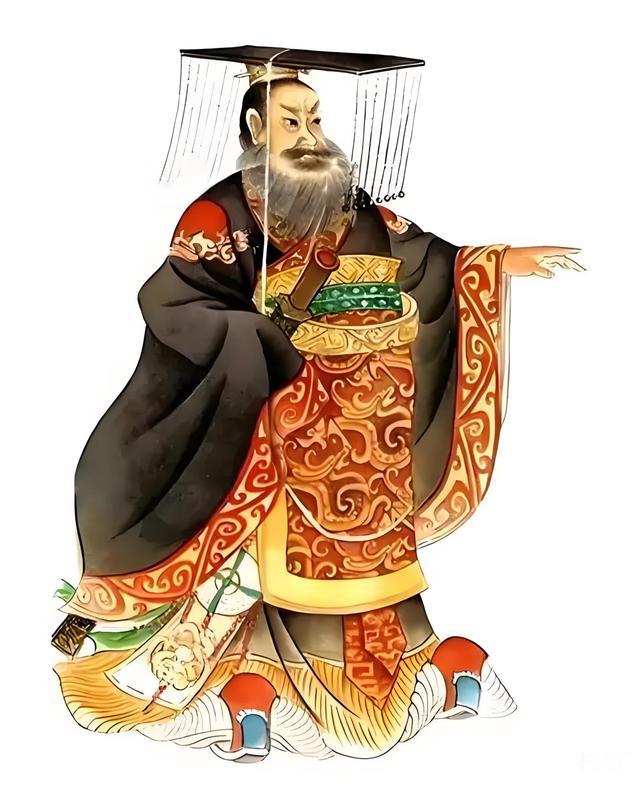
Turning point: Xiang Yu killed 200,000 surrendered Qin soldiers after the Battle of Julu, which completely broke the Qin’s will to resist. When Liu Bang attacked Xianyang, Qin Ershi was dead, Ziying surrendered, and the Qin Dynasty was declared dead.
Fourth, the contradiction between culture and system: the price of over-conceptualization
Many of Qin Shi Huang’s policies were too radical and beyond the acceptability of the times. For example, he abolished the feudal system and introduced the county system, attempting to use the central government to directly manage a huge territory. However, this system required an efficient bureaucracy to support it, and the Qin dynasty lacked sufficient talent and means of communication, leading to chaotic local governance.
In addition, although the burning of books and burying of scholars aimed at unifying ideas, it angered the intellectuals and deprived the Qin Dynasty of the support of the cultural elite. On the contrary, Liu Bang learned a lesson from the Han Dynasty and adopted the “parallel system of counties and states”, which not only preserved centralized power, but also eased the conflicts through feudalization, and eventually achieved long-term peace and stability.
Historical revelation: The failure of Qin Shi Huang was similar to the governance problems caused by the rapid expansion of the ancient Roman Empire – institutional innovations need to be matched with social realities.
V. Huns and Internal Rebels: External Threats and Internal Rebellion The external threats also weakened the Qin Dynasty.
Qin Shi Huang sent Meng Tian to attack the Xiongnu in the north and build the Great Wall, but this strategy consumed a lot of resources. The Xiongnu was never completely defeated, but instead secretly supported the rebels at the end of the Qin Dynasty.
More fatally, Zhao Tuo, a general of the Qin army who conquered Baiyue in the south, saw that the Qin Dynasty had lost its power and chose to cut off the Qin Dynasty from the south by establishing the state of South Vietnam. Internal generals such as Zhang Han, fearing Zhao Gao’s persecution, eventually surrendered to Xiang Yu, accelerating the disintegration of the Qin army.
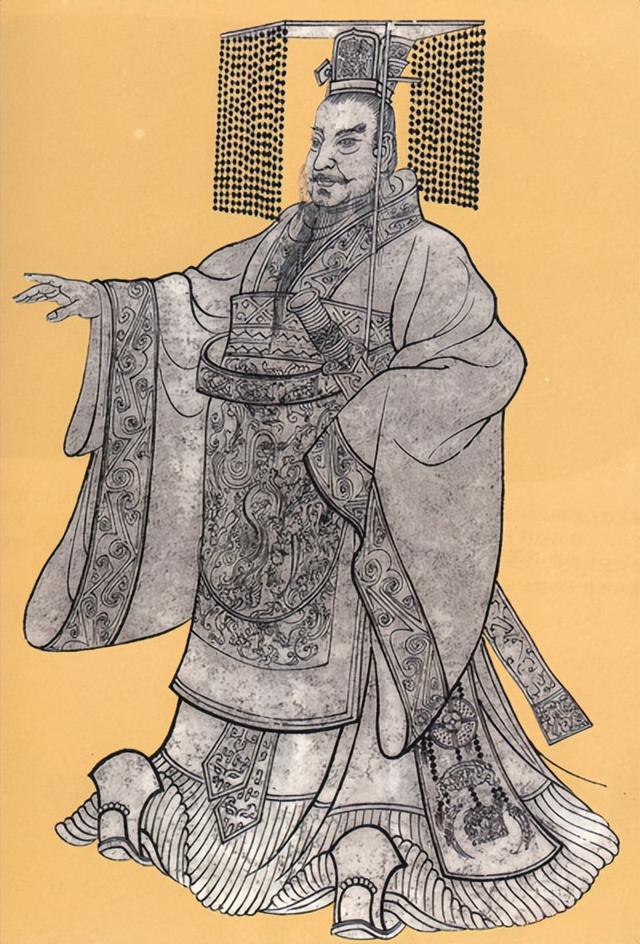
Conclusion: Historical Synergy and Eternal Lesson
Qin Shi Huang lost to the loopholes in the system he created, the incompetence of his heirs, the popular revolt, and the failure to balance the overreaching reforms. His story reminds us that the most powerful empire that ignores the people, relies on violence, and lacks flexible systems will eventually collapse.
For Americans, the rise and fall of the Qin dynasty can be likened to the fall of the Roman Empire – both collapsed due to overreach, internal corruption, and popular revolt. Liu Bang’s victory, on the other hand, like George Washington’s leadership of the War of Independence, proved that the power of complying with the people’s will is far more enduring than force.
As Sima Qian commented, “The King of Qin swept away the Six Harmonies! When he waved his sword over the floating clouds, all the vassals came west.” But the irony of history is that this emperor, who “looked at the tiger as if it were a tiger”, eventually lost to the limitations of human nature and the times.
Qin Shi Huang special column:
https://terracottaarmydiscovery.com/category/qin-shi-huang/

